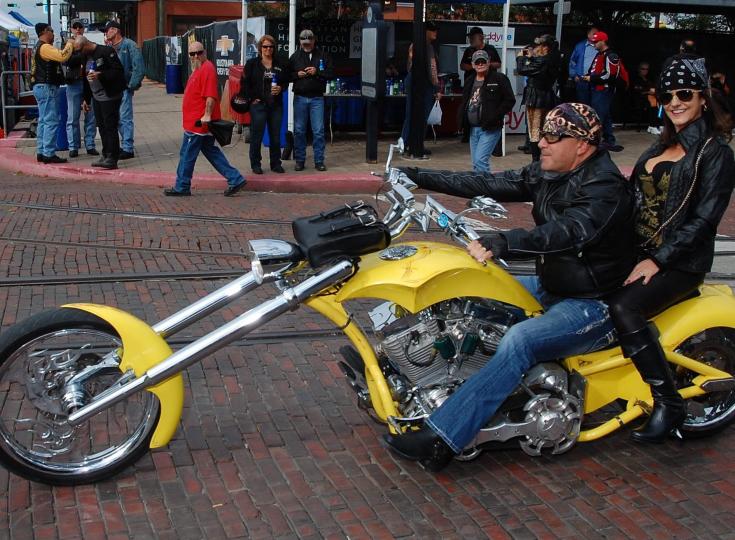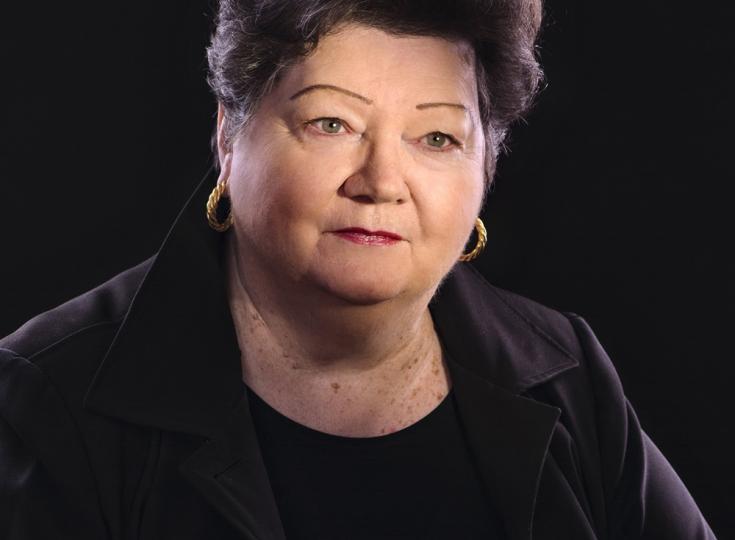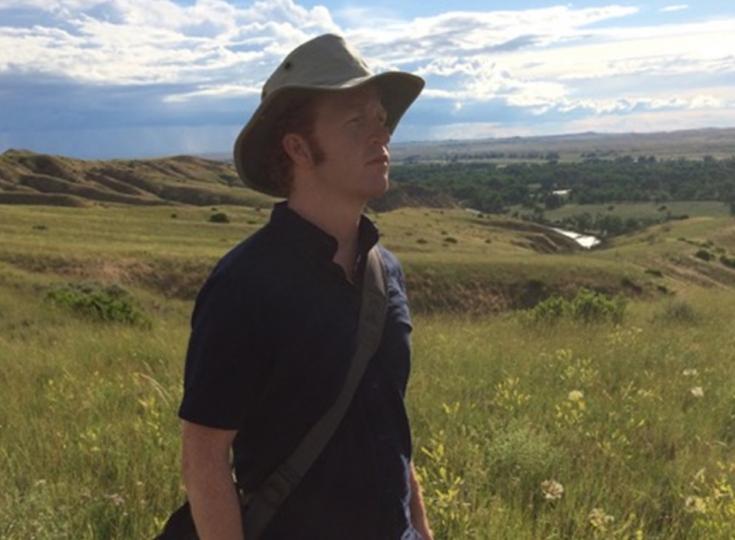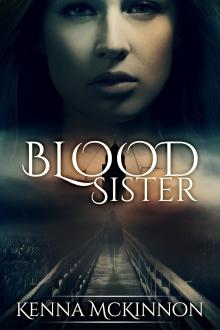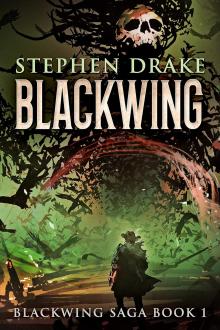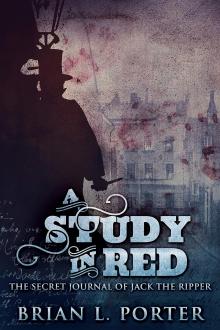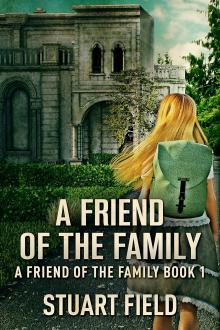Magnolia Belle - History, Romance and Cultural Conflicts
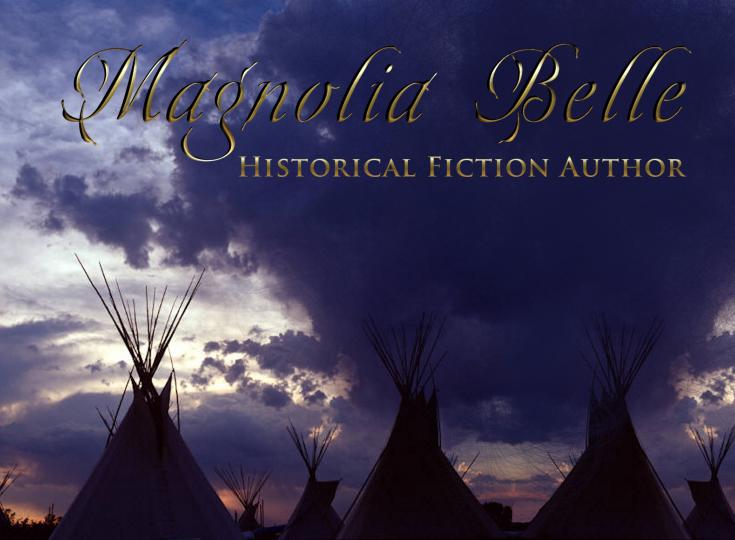
When Magnolia Belle isn't daydreaming about owning an antebellum steamboat that cruises off into the sunset, she writes fascinating novels. Today we chat about her book T'on Ma, why she picked Magnolia Belle as a pen name and how she lived in a tipi for six months.
Please give us a short introduction to T'on Ma
The Cooper family settles in North Texas in 1850 just after the Mexican-American War. Even though they are isolated, they are not alone, for they’ve built their homestead in Kiowa land.
Lana Cooper meets Two Hawks, a young warrior, who gives her the name T'on Ma, Kiowa for Water Woman.
Lt. Liam O'Connell is a West Point graduate assigned to Ft. Worth. On a scouting mission, he meets the Cooper family. One look at Lana and he knows that he must pursue her.
Through adventure, captivity, and betrayal, these three lives intertwine as Lana tries to find her way between two men she loves. Her choices cost them all.
Magnolia Belle is a pen name. Why did you pick this particular name?
Back in the day, I daydreamed about owning an antebellum steamboat, chugging down a sunset river, blues streaming in its wake, and amazing food feeding its guests. It didn’t take long to realize that wasn’t going to happen, but I’d already fallen in love with the name Magnolia Belle. When I began writing, I wanted to publish under a pen name. Magnolia Belle was my first choice.
You have a degree in Accounting. How did you end up becoming an author?
Accounting was my day job and paid the bills. I’ve always written, either lyrics or poetry or stories. It wasn’t until I could quit the nine-to-five that I indulged my artistic side.
Why did you pick the 1850s as your setting for T'on Ma? What is it about the time period that fascinates you?
The 1850s represents a time of tremendous change in North America. Its cultural conflicts spill over into every aspect of society and sets up the Civil War and the Indian Wars. When I was first married, we lived in a tipi for six months, and then in a mountain cabin for six years (without electricity or water). In some ways, I’ve lived the 1850s. (I don’t recommend a plains dwelling, such as a tipi, in the Pacific Northwest rain forest. I woke up one morning with a dead slug in my hair.)
What was the most interesting aspect of your research for this book?
Research leads me from one trail to another, teaching me all manner of things. I knew some of the basic reality on how the U.S. government dealt with indigenous people. However, reading the Native American account of events put everything into much sharper focus, much deeper emotional context.
When working on a novel, how do you immerse yourself in your characters' lives? Do you observe people in a certain culture, trying to visualize yourself as one of them?
As many authors will tell you, my characters take on a life of their own. It’s not so much a matter of visualizing them as it is taking dictation. Some have stronger personalities than others, and they are easier to represent. The quiet ones take a bit more digging and more patience, waiting for them to show themselves. I also think authors, by nature, are always observing, whether we’re conscious of it or not. We’re sometimes accused of being too quiet, but in reality, it’s a noisy mess in our heads from all the data we’re collecting.
Did you know from the start who Lana was going to end up with?
“T’on Ma” is the first of a trilogy, so there is no easy answer to that question. Just who does she end up with? But, yes, I knew where she was headed in that aspect of her life. (Book 2 is “Kuy Syan Joshua” and Book 3 is “Little Wolf Ranch.”)
What do you hope readers will take away from this book? Does it have an underlying message? My underlying message is to look at all sides of an issue before judging someone else. Just because you don’t understand why someone acts a certain way doesn’t mean their behavior has no merit. Especially in today’s climate, I hope people will choose to empathize rather than condemn.
Besides writing, what other "secret" skills do you have?
I absolutely love graphics, designing book covers, etc. I also buy fonts like some women buy shoes—I can’t help it.
T'on Ma contains quite a couple of twists. Did you plan them all out from the start or did some of them just "happen" along the way?
Yes to both. Discovery is part of the fun of writing. I think I’m headed in one direction when a new realization shows up, and I have to turn the story. Those are the “oh, yeaahh” moments.
You write about some heavy themes, things that many readers have probably never experienced, yet it is very easy to identify with your characters. How did you pull that off?
Humans have a commonality embedded within the species. We love our families. We need security. We fear what we don’t understand. Tapping into those basic themes facilitates showing different points of view to the same event. For example, the reader might not be Kiowa, but will certainly understand fearing for their child’s wellbeing.
Where can our readers discover more of your work or interact with you?
I have an Amazon author page [http://www.amazon.com/Magnolia-Belle/e/B001U4SZR0/ref=sr_tc_img_2_0?qid], as well as my website [www.blackwolfbooks.com] to see more of my work. To interact with me (which would tickle me greatly), Facebook would be the easiest.
[https://www.facebook.com/pages/Black-Wolf-Books/124936287578206]
